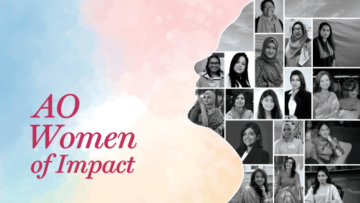Collective efforts of various stakeholders have invested US $ 100 million in partnership to reach a planet positive fashion industry.
H&M Foundation and The Hong Kong Research Institute of Textiles and Apparel (HKRITA) extend their collaboration for 5 more years in a new initiative called the Planet First programme. Ground-breaking technologies are already being tested.
The H&M Foundation donates US $ 12 million, and the Hong Kong Government’s Innovation & Technology Fund gives additional funding based on H&M Foundation’s donation under existing funding mechanism, which results in a total estimated budget of US $ 100 million over 5 years.
The Planet First program aims to find planet positive technologies that will not only look at the circular economy and climate change, but also consider all aspects of earth’s natural support systems. The global commons are the resources we all need to survive, thrive and prosper.
Erik Bang, Innovation Lead at the H&M Foundation, says “We don’t know what a planet positive fashion industry will look like, no one does. This goal is directional and requires innovation and thinking outside the box in every step of the fashion value chain.”
“The goal is to find technologies and solutions that we openly share with the industry to ensure rapid scaling and positive impact. To our knowledge, this is the most ambitious programme in our industry to move the needle in this field and we are very excited to start discovering the breakthroughs that can change the game,” says Edwin Keh, CEO, HKRITA.
India’s number one apparel exporter Shahi Exports is also associated with this initiative. Anant Ahuja, Head, Organizational Development, Shahi Exports, says “In a pilot study carried out by Shahi in India, we found that HKRITA’s superabsorbent powder increased cotton crop yield by 20 per cent. We believe this is because the powder improves water retention of the crop, especially under extreme water stress conditions. The quality of cotton grown this way was better and the fibres were stronger and longer. These improvements can potentially enable farmers to receive a better market price.”
He further adds, “In spring 2021, we plan to run a larger pilot. We believe this research can help both cotton farmers and also benefit the environment by enabling the use of textile waste as an eco-friendly superabsorbent powder and by reducing water consumption in cotton production.”







